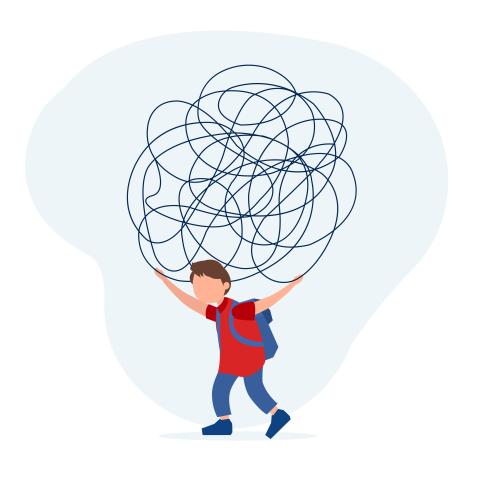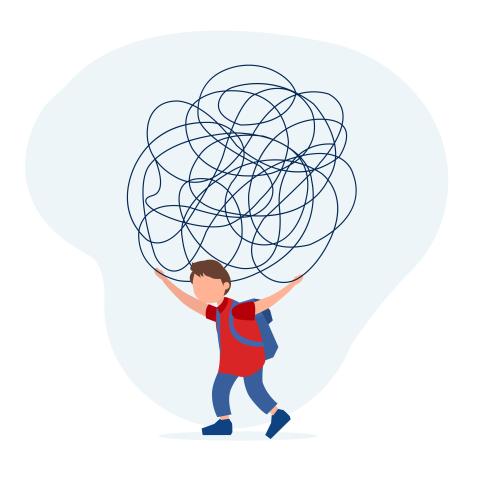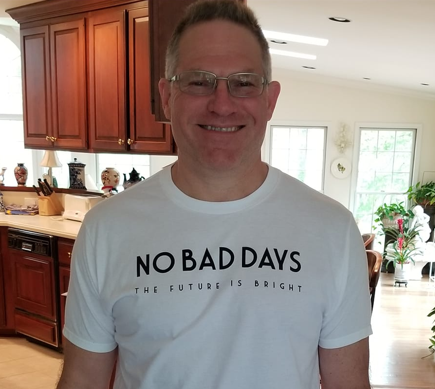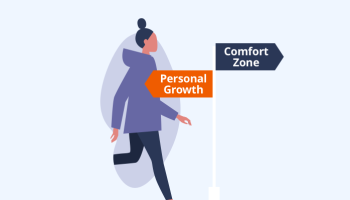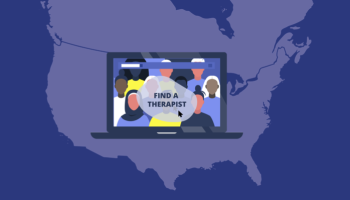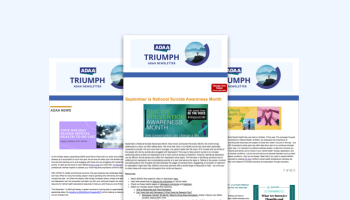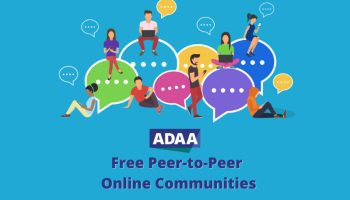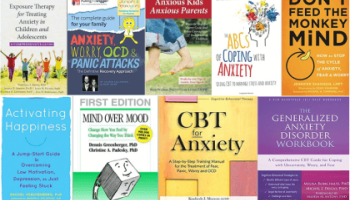Featuring Dr. Kenneth Towbin, M.D. and Dr. Mary Karapetian Alvord, PhD

Thursday January 18, 2018 | 12:00PM -1:00PM EST
Transdiagnostic Understanding and Treatments for Youth: Conquering Negative Thinking and Behavior (Part 2)
Webinar Description:
This two-part webinar series will focus on the transdiagnostic understanding and treatments for youth and conquering negative thinking and behavior including the relevance of neural circuitry.
The second part of this professional webinar series will continue the discussion of the complex inter-relationship between the “primary” anxiety disorders, irritability and anger problems, depression, and ADHD. Negative thinking is a transdiagnostic vulnerability represented across all of these mental health disorders.
The gold-standard psychological treatment for depression and anxiety is Cognitive Behavioral Therapy (CBT) and a primary strategy in CBT is to promote changes in habitual negative thinking. Integrated with the cognitive restructuring that promotes changing negative thinking are pivotal strategies such as tolerating discomfort, physiological awareness and psychological flexibility.
In addition, there is evidence for fundamental impairment in reward circuitry in depression. Impairment in reward anticipation closely relates to these concepts of habitual negative thinking. Impairment in reward completion, (that is, anhedonia) diminishes the likelihood of seeking further rewards. Current work focuses on the dimensionality of reward circuitry impairment as a) a risk for depression, b) the specificity of impairment in reward circuitry in depression, and the c) predictive value of impairment of reward circuitry for selecting treatments and outcomes. Information from reward circuitry has led to refinements in cognitive restructuring and potential psychological augmentation strategies informed by neurophysiology.
Learning Objectives
- Explain limitations in treatment studies and apply this knowledge to the literature
- Describe impairments in reward circuitry and become aware of techniques for cognitive restructuring drawn from this neuroscience
- Demonstrate two strategies for changing unhelpful thought habits to helpful thoughts, actions and emotions.
- Discuss strategies for generalization and relapse prevention.
Learning Level: Introductory to Advanced
This professional webinar is eligible for 1 CE/CE Hour.
Presenters' Biography:
Dr. Kenneth E. Towbin, M.D., is a Clinical Professor of Psychiatry and Behavioral Science at the George Washington University School of Medicine and is the Chief of Clinical Child and Adolescent Psychiatry in the Emotion and Development Branch in the Intramural Research Program at NIMH. Dr. Towbin has been with NIMH for 17 years. Dr. Towbin has extensive and diverse experience in child and adolescent psychiatry. He has authored on the diagnosis and treatment of a variety of psychiatric disorders of children and his work at NIMH now focuses on pediatric mood and anxiety disorders. He is a past member of the Editorial Board Member of the Journal of the American Academy of Child and Adolescent Psychiatry. He has also worked in an advisory capacity to the US Food and Drug Administration. Dr. Towbin is a Diplomat of the American Board of Psychiatry and Neurology, in both General Psychiatry and in Child and Adolescent Psychiatry.
Dr. Mary Karapetian Alvord, PhD, is a psychologist with more than 35 years of clinical experience and is director of Alvord, Baker & Associates. She specializes in treating children, adolescents, and adults using cognitive behavior therapies. A central focus is building resilience in children and teens with depression, anxiety disorders, ADHD and other emotional and behavioral regulation problems. She is adjunct associate professor of psychiatry and behavioral sciences at The George Washington University School of Medicine and Health Sciences. Fellow of both the American Psychological Association and of the Association for Behavioral and Cognitive Therapies, she is also a Clinical Fellow of the Anxiety and Depression Association of America. She is co-author of Conquer Negative Thinking for Teens, Resilience-Builder Program, and audio recordings, Relaxation and Self-Regulation Techniques for Children and Teens and Relaxation and Wellness Techniques (for adults).



